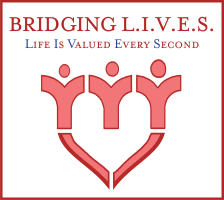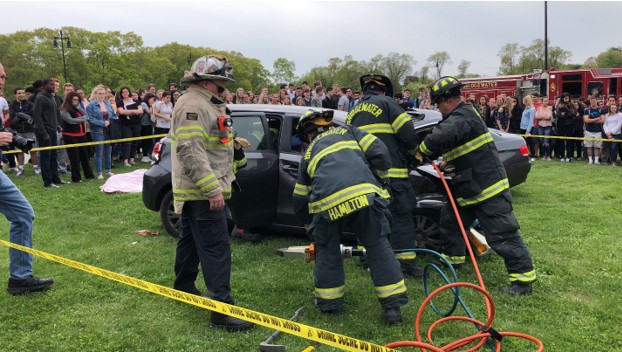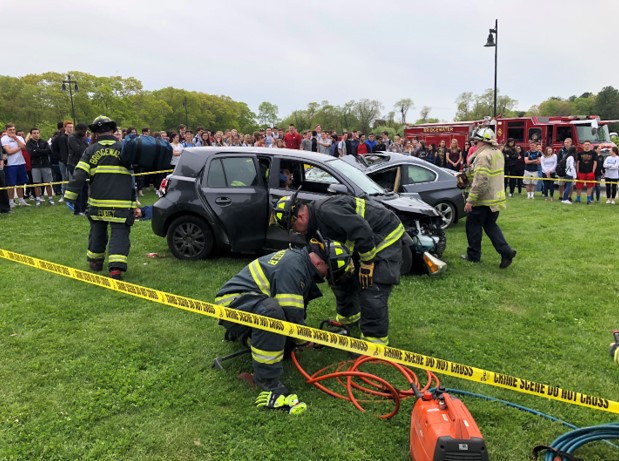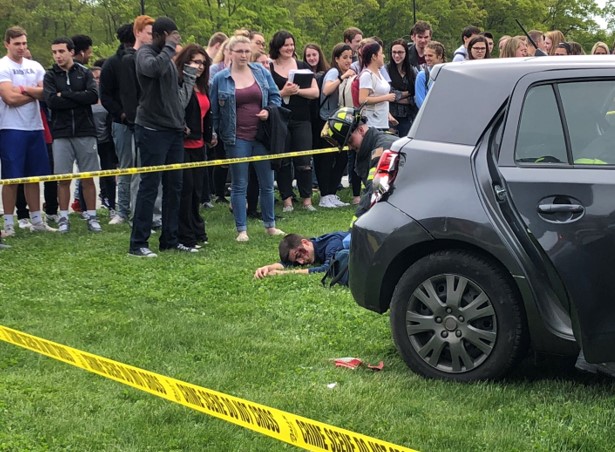Bridgewater-Raynham Regional High School Mock Car Crash Project
In the spring of 2018, Bridging LIVES supported Bridgewater-Raynham Regional High School in hosting their first mock OUI crash for their juniors and seniors prior to prom. The goal of the mock car crash was to provide education to youth, parents and the community at large on the importance of staying safe during prom season. This initiative was a component of the high school’s comprehensive plan to integrate the topic of connectedness and substance use prevention into their advisory period during the entire 2017-2018 school year.
The mock car crash could not have been possible without the commitment and coordination of the Bridging LIVES coalition members, school administration and faculty, the high school’s drama program and their students, Bridgewater Fire and Police Departments, and Bridgewater Cable.
Through this initiative, the school and community highlighted the Massachusetts Social Host Law which states that it is illegal to provide alcohol to a person under age 21; the consequences of doing so could result in fines or imprisonment.
It was also important for the coalition to raise awareness of the many other consequences that can be associated with drinking, especially while underage. These included: alcohol poisoning, fighting, not remembering what you said or did, breaking/losing valuables, unprotected sex, doing drugs, alcohol addiction, posting regrettable things on social media, trouble in school, and becoming careless about important things. It was also reiterated that students’ decisions can have profound effects on the entire community.
The younger a person uses any substance; they have an increased risk of dependence on that substance. While some parents and guardians report feeling tempted to allow their children and friends to drink under their supervision, being held criminally responsible might be a reason to avoid this temptation. As parents and guardians, what you say to youth has a profound impact on their decisions. Having meaningful conversations about drugs and alcohol can help them make better choices for safer and healthier futures.



